-

How Do Modern Leaders Envision The Future & Inspire Action
Posted on : December 22, 2025 -

The Future Of Business Development: 7 Strategic Moves To Drive Growth In 2026
Posted on : November 05, 2025 -
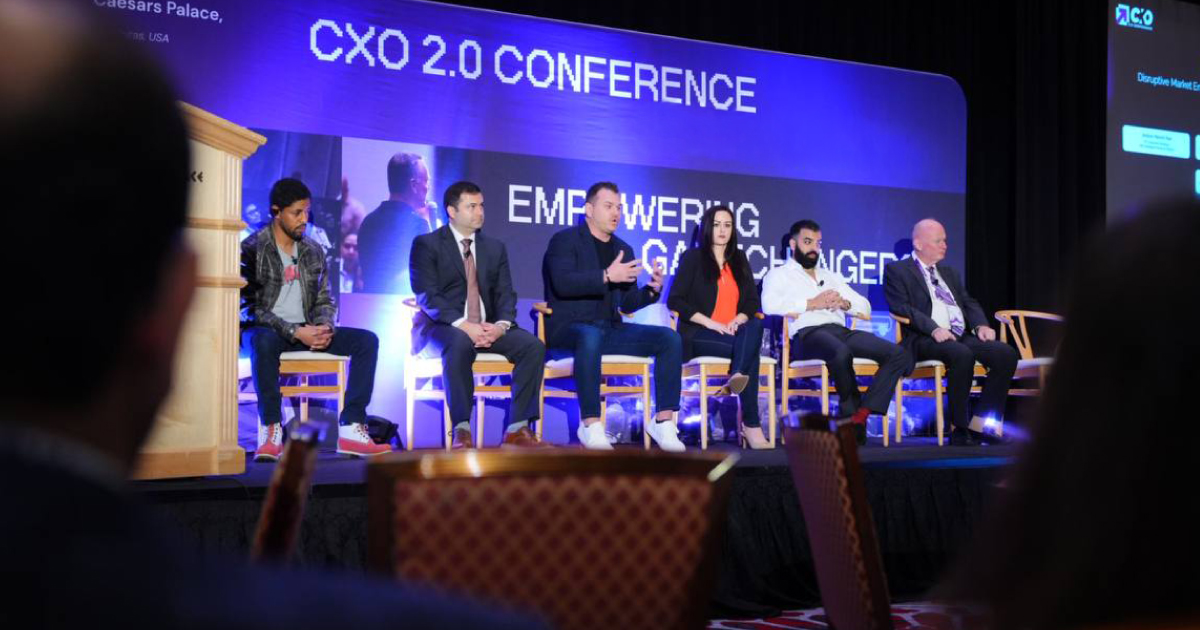
The 2025 Guide To Entrepreneurial Leadership For Purpose-Driven Business Growth
Posted on : October 10, 2025 -

Discover The Skills Every Executive Should Master At Our 2025 Leadership Summit
Posted on : October 03, 2025 -
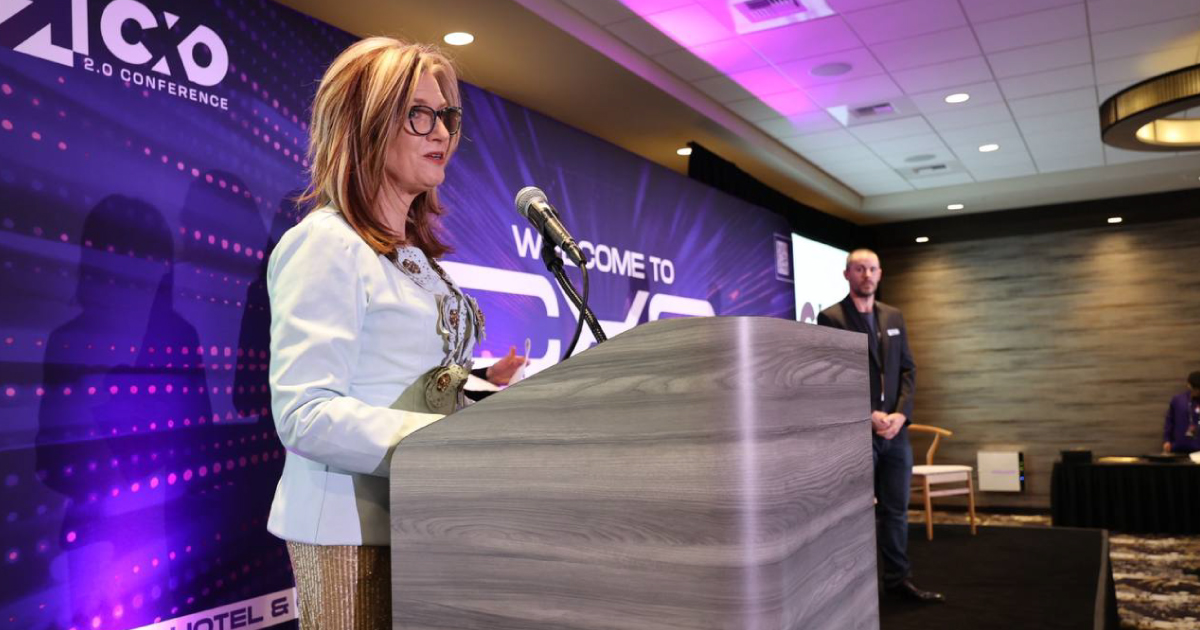
CXO 2.0 Conference Welcomes The Scale Agency As Its Official Marketing Partner
Posted on : September 26, 2025 -
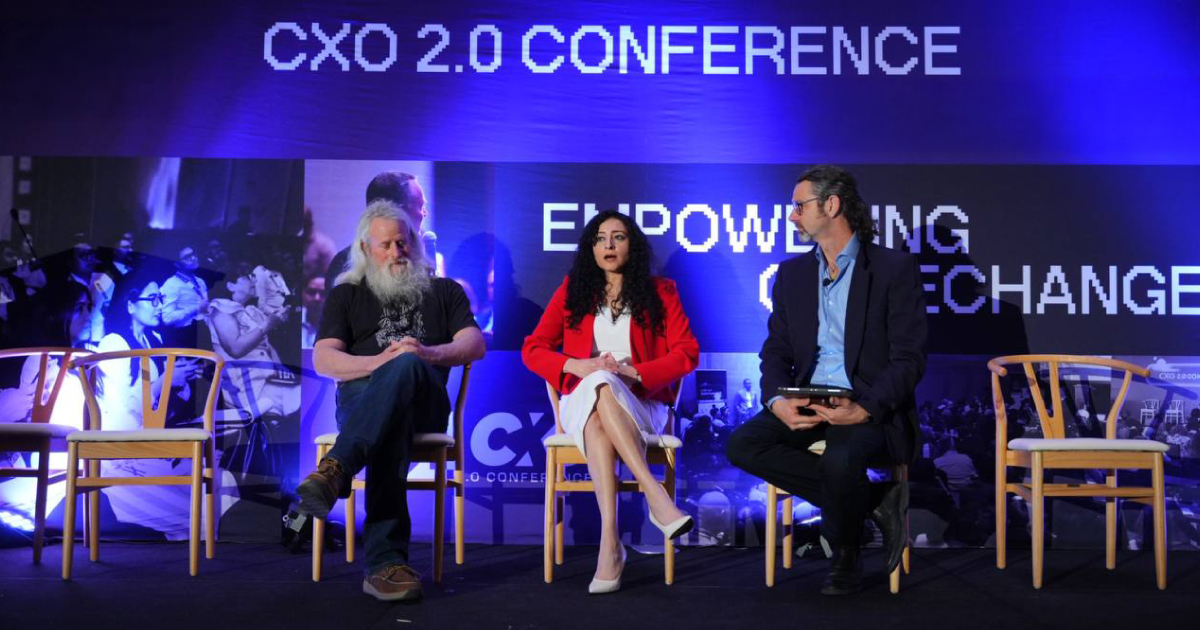
CXO 2.0 Conference Reveals 7 Leadership Trends Shaping 2025 And Beyond
Posted on : September 24, 2025 -

Your Insider Scoop On The CXO 2.0 Conference Student Pass Program
Posted on : July 24, 2025 -

Who’s Attending CXO 2.0 Conference: A Glimpse Into Our Dynamic Community!
Posted on : July 01, 2025 -

5 Steps To Kickstart Your Business Planning For 2025
Posted on : June 23, 2025 -
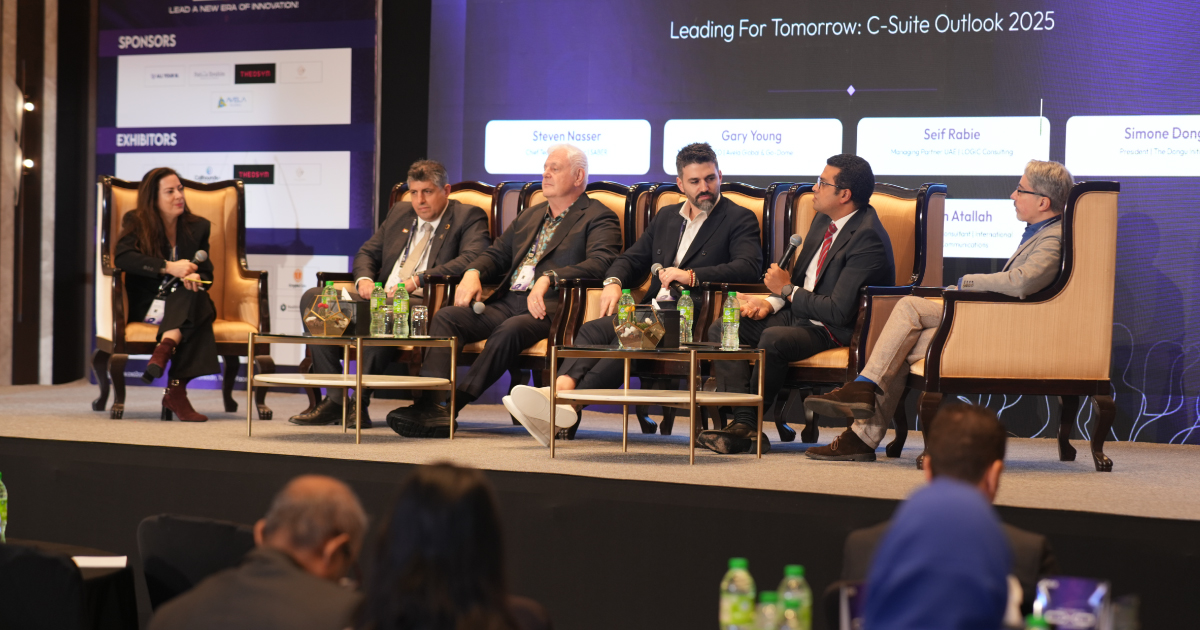
Inside The 2025 CXO 2.0 Conference: A Leader’s Space To Belong And Grow
Posted on : June 13, 2025
Posted on : July 25, 2024
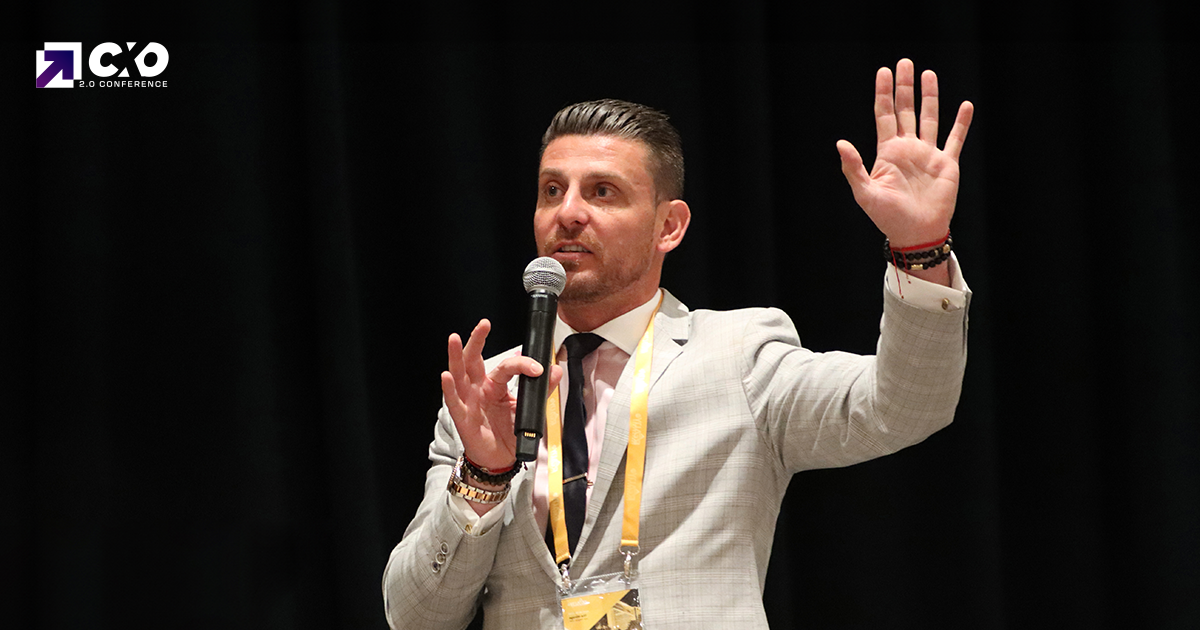
Businesses today operate in a consumer-driven environment where customer loyalty is both a coveted asset and a significant challenge. The key to thriving in this environment is mastering the art of turning customer experiences into a competitive advantage. As industry leaders are expected to explore at several upcoming global leadership summits,such as the CXO 2.0 Conference in Dubai, creating memorable customer experiences can lead to increased loyalty and sustainable business growth.
This blog will dissect how a focused approach to enhancing customer interactions can convert into increased loyalty and what strategies businesses can employ to achieve this.
Defining Customer Loyalty
Customer loyalty extends beyond repeated business; it reflects a deep-rooted preference for your brand despite competitors' efforts or economic shifts. It represents a commitment from customers who choose your brand time and again, not just because of habit or convenience but due to a genuine appreciation for the products and services you provide.
The Economic Impact Of Customer Loyalty
A study by Bain & Company highlights that increasing customer retention rates by just 5% can boost profits by 25% to 95%. This significant impact demonstrates that customer loyalty is not just beneficial; it's crucial for the sustained growth and profitability of a business. Loyal customers tend to buy more, try other services or products the company offers, and recommend the brand to others, expanding the customer base organically.
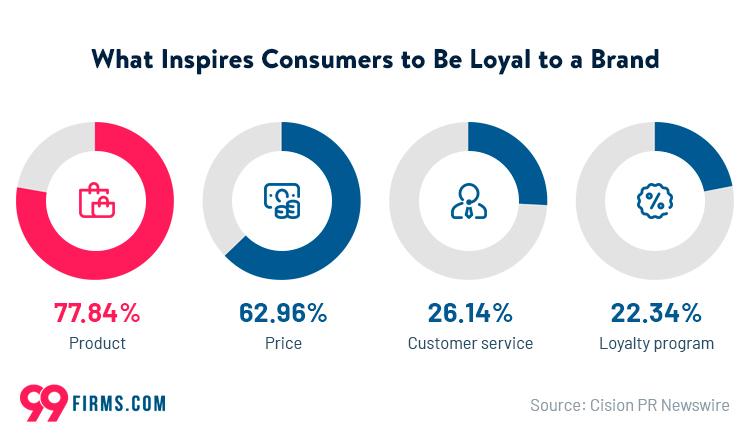
Source: 99 Firms
Loyalty And Market Resilience
During economic downturns or competitive shifts in the market, loyal customers provide a stable revenue stream that can help sustain a business. They are less likely to switch to competitors, providing a buffer against market volatility and ensuring continuity.
Psychological Elements Of Loyalty
The psychological commitment of loyal customers, driven by trust and emotional engagement, turns them into brand advocates. Their endorsements are more credible and less expensive than traditional advertising, giving businesses a competitive edge in marketing effectiveness.
Strategic Importance Of Loyalty Programs
Implementing strategic loyalty programs can further enhance this allegiance. These programs, designed to reward repeat customers, can vary from simple point systems to complex tiered rewards structures that offer exclusive benefits. Effective loyalty programs not only incentivize repeat purchases but also create a community around the brand, enhancing customer engagement and satisfaction.
Importance Of Customer Experience In Cultivating Brand Loyalty
Exceptional customer experience creates a pathway to loyalty by building emotional connections. Brands like Apple excel in this realm, consistently delivering services and interactions that resonate well with their customers, thus fostering a strong sense of brand loyalty. These positive experiences encourage customers to return, which solidifies their loyalty and decreases their likelihood of switching to competitors.
Strategies To Enhance Customer Experience
Some effective strategies to enhance customer experiences include:
Personalization: Customize interactions and products to align with individual customer preferences, which increases their connection to the brand. Personalized marketing, custom recommendations, and attentive customer service can transform a routine transaction into a meaningful interaction.
Consistency: Ensure all customer touchpoints reflect the brand’s values and commitment to quality, creating a reliable and predictable experience that customers can trust. Whether it’s in-store, online, or via customer support, consistency reassures customers that they can expect great service every time.
Responsiveness: Quickly and efficiently resolve customer inquiries and complaints. A quick reply can transform a potentially negative situation into a positive outcome, showing customers that their satisfaction is highly valued and that the brand is committed to enhancing their experience.
Technology Utilization: Employ AI and machine learning to anticipate customer needs and offer tailored recommendations, streamlining their experience and enhancing satisfaction. Technologies like chatbots and predictive analytics can dramatically improve the efficiency of customer interactions.
These strategies will be vital discussion points at the CXO 2.0 Conference, a global leadership summit in Dubai, highlighting their relevance in today’s digital age.
Overcoming Challenges In Achieving High Customer Loyalty
Achieving high customer loyalty is often hindered by fragmented service delivery or ineffective use of customer data. Overcoming these challenges typically involves:
Enhanced Staff Training
Develop comprehensive training programs to ensure all team members are equipped to deliver exceptional service that reflects the brand’s standards and values.
Integrating CRM Systems

Implement holistic CRM solutions to achieve an integrated perspective of customer engagements over various platforms, thereby improving service efficiency and personalization.
Setting Up Efficient Feedback Channels
Establish efficient feedback channels that facilitate constant improvement based on customer input, allowing businesses to quickly adapt to changing needs and expectations.
Measuring The Impact Of Enhanced Customer Experience On Loyalty
Metrics like the Net Promoter Score (NPS), repeat purchase rates, and customer lifetime value are essential for assessing the effectiveness of customer experience strategies. By regularly using these indicators, businesses can gauge the success of their initiatives and make appropriate adjustments.
Conclusion: Learning From Success Stories
Success stories shared at several leadership conferences, such as the CXO 2.0 Conference in 2024, often highlight companies that have effectively transformed their customer service to boost loyalty. These narratives not only illustrate successful strategies but also emphasize the ongoing nature of customer experience improvement in promoting customer loyalty.
In conclusion, the journey toward outstanding customer loyalty is continuous, requiring consistent effort and adaptation. By learning from the success of others and remaining committed to enhancing customer experience, businesses can cultivate lasting relationships that not only satisfy but also delight their customers.
FAQs
- How can a business begin improving its customer loyalty?
Start by understanding customer needs through feedback and data analysis. Implementing personalized experiences, ensuring service consistency, and utilizing responsive customer support systems are foundational steps.
- What role does technology play in enhancing customer loyalty?
Technology, especially AI and data analytics, plays a critical role in understanding customer behaviors and preferences, allowing businesses to tailor experiences and predict future needs, thereby enhancing satisfaction and loyalty.
- How does the CXO 2.0 Conference address customer loyalty in various industries?
The CXO 2.0 Conference gathers industry leaders to discuss innovative strategies for enhancing customer loyalty across different sectors. The conference features insights into how businesses can leverage technology and customer data to improve engagement and retention, ultimately driving sustained business growth.
- What insights can attendees expect to gain about customer loyalty at the CXO 2.0 Conference?
Attendees will gain insights into building effective communication channels, integrating technology in classrooms, and creating inclusive educational environments that enhance student satisfaction and loyalty.
- Why is customer experience crucial to customer loyalty?
Customer experience directly influences how customers perceive a brand, affecting their emotional attachment and decision-making. Positive experiences lead to higher satisfaction, which naturally enhances loyalty and advocacy.

